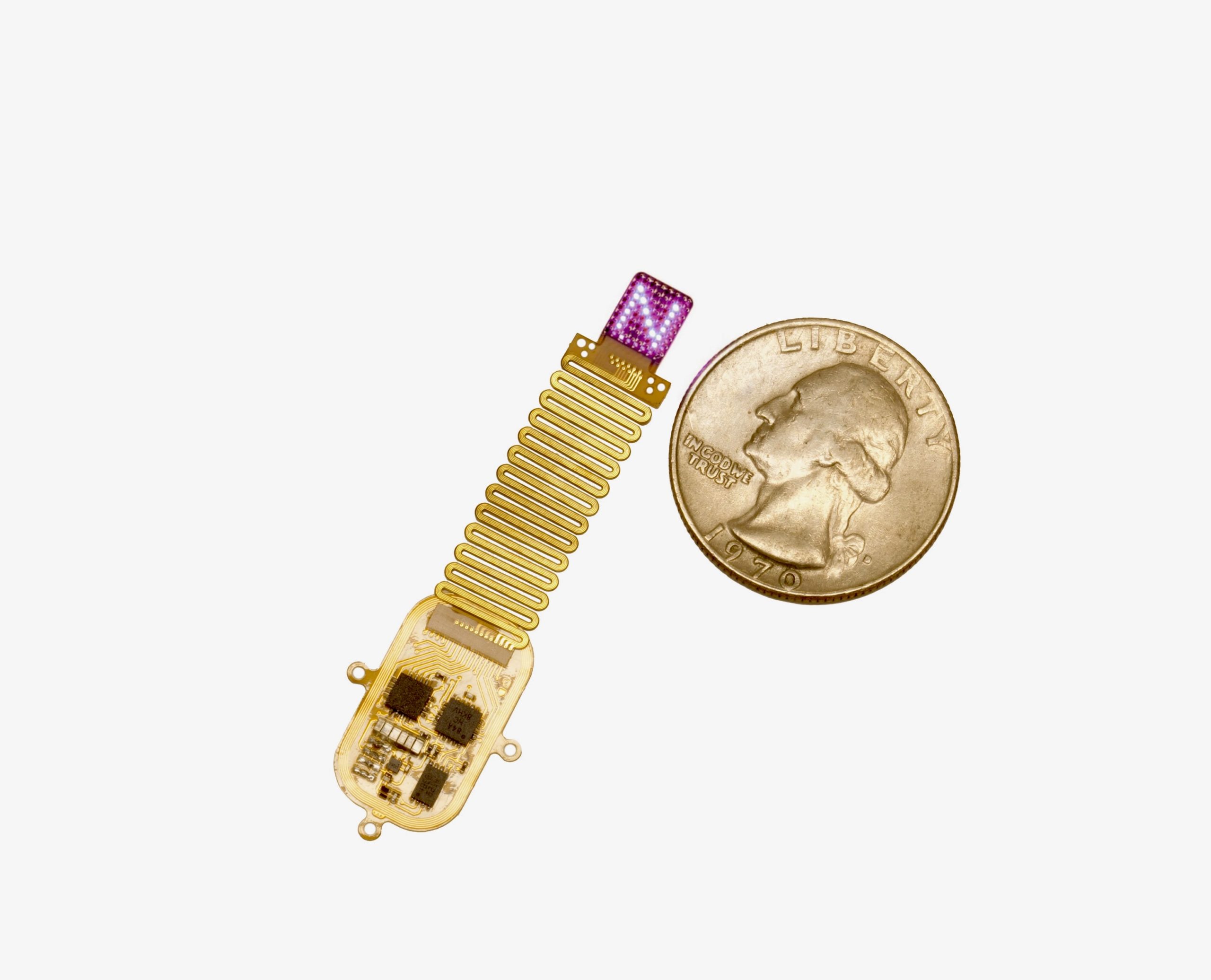
Northwestern Medicine scientists, working with the Pediatric Emergency Care Applied Research Network (PECARN), recently assessed whether an RNA biosignature of the body’s response to infection could distinguish if infants 60 days or younger with fever were experiencing a serious bacterial infection.
The results, published in the Journal of the American Medical Association, show how RNA biosignatures may be an alternative – and more accurate – method to identify infants with bacterial infections. Using RNA biosignatures could help clinicians target therapies for patients with or without infections and avoid invasive diagnostic procedures, antibiotics and hospitalization.
“To date, we have only been able to determine if a young infant with a fever has a bacterial infection using invasive testing of blood, urine and spinal fluid,” said co-author Elizabeth Alpern, MD, professor of Pediatrics. “In this preliminary study, we were able to identify RNA biosignatures (the body’s response to infection) from a blood test alone that could distinguish infants with and without a bacterial infection.”
From December 2008 to December 2010, 1,883 infants were enrolled and, of those, 279 RNA samples were analyzed. They found 89 positive bacterial cultures and 190 negative bacterial cultures.
Sixty-six classifier genes distinguished infants with and without bacterial infections with 87 percent sensitivity (the ability to identify those with the disease) and 89 percent specificity (the ability to identify those without the disease). Ten classifier genes distinguished infants with the presence of bacteria in the blood from those without bacterial infections with 94 percent sensitivity and 95 percent specificity. The RNA biosignature method was also shown to be comparable to standard bacterial culture tests.

Elizabeth Powell, MD, ’89 ’91 GME, MPH, professor of Pediatrics, was the site principal investigator for the study and supervised it at the Ann & Robert H. Lurie Children’s Hospital of Chicago.
“The PECARN network and Lurie Children’s Hospital are conducting a follow-up study to help refine the test and improve the ability for this test to be brought into clinical practice,” Powell said. “We thank the parents whose infants were treated in the Emergency Department and who agreed to participate in the study.”
PECARN, the first federally funded national network for research on pediatric emergencies and Emergency Medical Services for Children (EMSC), was established to facilitate to research in the care of acutely ill and injured children.
The research was supported by grant H34MCO8509 from the Health Resources and Services Administration, Emergency Services for Children and by Eunice Kennedy Shriver National Institute of Child Health and Human Development grant R01HD062477. The project was also supported by the Health Resources and Services Administration, Maternal and Child Health Bureau, Emergency Medical Services for Children Network Development Demonstration Program under cooperative agreements U03MC00008, U03MC00001, U03MC00003, U03MC00006, U03MC00007, U03MC22684 and U03MC22685.






